The Body Keeps the Score
Brain, Mind, and Body in the Healing of Trauma
What's it about?
The Body Keeps the Score by Bessel van der Kolk M.D. is a groundbreaking exploration of trauma and its effect on the mind and body. Drawing on his extensive research and clinical experience, van der Kolk reveals how trauma can reshape the brain, leading to a range of physical and mental health issues. He explores various therapeutic approaches and offers hope for healing and recovery. This compelling book sheds light on the lasting impact of trauma and provides invaluable insights for both professionals and individuals seeking to understand and overcome its effects.
About the Author
Bessel van der Kolk M.D. is a renowned psychiatrist and researcher specializing in trauma and post-traumatic stress disorder (PTSD). He is the author of the groundbreaking book "The Body Keeps the Score," which explores the impact of trauma on the body and mind. Dr. van der Kolk has spent decades studying and treating individuals affected by trauma, developing innovative therapies such as EMDR and neurofeedback. As the founder of the Trauma Center in Boston, he has dedicated his career to advancing the understanding and treatment of trauma-related disorders.
19 Key Ideas of The Body Keeps the Score
- Lessons from Vietnam Veterans
- Revolutions in Understanding Mind and Brain
- The Anatomy of Survival
- Body-Brain Connections
- Losing Your Body, Losing Your Self
- Attachment & Attunement
- Trapped in Relationships: The Cost of Abuse and Neglect
- What’s Love Got to Do with It?
- Developmental Trauma
- The Problem of Traumatic Memory
- The Unbearable Heaviness of Remembering
- Healing from Trauma: Owning Your Self
- Language: Miracle & Tyranny
- EMDR: Letting Go of the Past
- Yoga: Learning to Inhabit Your Body
- Putting the Pieces Together: Self-Leadership
- Filling in the Holes: Creating Structures
- Rewiring the Brain: Neurofeedback
- Finding Your Voice
The experiences of Vietnam veterans offer profound insights into the enduring effects of trauma. These individuals, who endured extreme stress and life-threatening situations, returned home only to find themselves grappling with a reality that had been irrevocably altered by their wartime experiences. The key takeaway is that trauma extends far beyond the initial event; it reshapes one's entire being—mind, brain, and body—and continues to influence how survivors interact with the world around them.
For many veterans, the past isn't just a memory but an ever-present reality that they relive daily. This constant battle with old demons robs them of joy and meaning in their current lives. They often feel disconnected from both themselves and others, making intimate relationships particularly challenging.
Emotional Numbness & Hyperarousal: Veterans frequently experience emotional numbness—a protective yet isolating mechanism against overwhelming feelings—as well as hyperarousal responses like flashbacks and nightmares which are vivid re-experiences of traumatic events.
Physiological Repercussions: It's crucial to recognize that trauma impacts more than just mental health; it has tangible physiological consequences too. It disrupts normal thinking processes and bodily functions such as heart rate or hormonal balance.
Beyond Storytelling for Healing: While sharing one’s story can be therapeutic, healing from trauma requires more—it demands recognizing when danger is no longer present so individuals can fully engage with the present rather than remain trapped in past horrors.
Tactics
- Empathy plays a pivotal role in supporting those affected by trauma. By understanding its complex nature—one that intertwines psychological distress with physical reactions—we can build deeper connections with those suffering from PTSD (Post-Traumatic Stress Disorder).
- A holistic approach to treatment is essential: combining psychological support with strategies aimed at calming physiological responses ensures comprehensive care for traumatized individuals.
- Creating environments where these individuals feel safe enough to express their emotions without fear or judgment allows them space to process their experiences constructively through appropriate therapeutic interventions tailored specifically towards PTSD symptoms.
- Community education about PTSD helps demystify behaviors stemming from traumatic experiences while reducing stigma associated with this condition—fostering greater compassion within society at large.
- Mindfulness practices serve as valuable tools in redirecting focus back into the present moment—an effective countermeasure against being haunted by memories of past traumas.
- Lastly, training programs designed around trauma-informed care ensure healthcare providers understand how best to assist those whose lives have been overshadowed by traumatic events—offering not just treatment but also hope for recovery.
Key Examples/Data
Tom's Trauma and Symptoms: Tom, a Vietnam veteran, experienced severe trauma after witnessing the ambush in a rice paddy where all the members of his platoon were killed or wounded. He suffered from recurring nightmares, terrifying flashbacks, and emotional numbness, leading to difficulties in connecting with his family and finding pleasure in life. His trauma also led to extreme rage and self-destructive behavior, such as drinking and dangerous motorcycle rides, as he struggled to cope with the memories of the war.
Veterans' Group Therapy: The author initiated group therapy sessions for Vietnam veterans, where they found solace and camaraderie in sharing their traumatic experiences. The veterans felt a renewed sense of connection and meaning in the group, as they struggled to bridge the gap between their wartime experiences and their current lives. The group therapy provided a lifeline for the veterans, offering them a sense of belonging and understanding that was often lacking in their interactions with others who had not shared their traumatic experiences.
Impact of Trauma on Perception and Imagination: The author conducted a study using Rorschach tests, revealing that traumatized individuals tend to superimpose their trauma on their surroundings and struggle with mental flexibility and imagination. The study demonstrated that trauma affects the way individuals perceive the world, leading to a loss of imagination and an inability to envision a better future. Trauma survivors often struggle to engage in intimate relationships and find it challenging to trust themselves and others after experiencing unspeakable events.
Diagnosing Posttraumatic Stress Disorder (PTSD): The author highlighted the pivotal moment in 1980 when the American Psychiatric Association introduced the diagnosis of posttraumatic stress disorder (PTSD), providing a framework to understand the suffering of individuals overwhelmed by horror and helplessness. This marked a significant shift in the understanding and treatment of trauma, leading to an explosion of research and efforts to find effective treatments for PTSD.
Impact of Trauma Beyond War: The author emphasized that trauma is not limited to the experiences of war veterans, as it also affects individuals who have been victims of violent crimes, child abuse, and neglect. The prevalence of trauma in various forms, such as rape, child abuse, and domestic violence, underscores the widespread impact of trauma on individuals' lives, highlighting the need for a comprehensive understanding and approach to address trauma-related issues.
Quotes
- "It just happens, and then life goes on. No one prepares you for it." — Jessica Stern, Denial: A Memoir of Terror
- "The traumatic event itself, however horrendous, had a beginning, a middle, and an end, but I now saw that flashbacks could be even worse. You never know when you will be assaulted by them again and you have no way of telling when they will stop." — Khaled Hosseini, The Kite Runner
- "Imagination is absolutely critical to the quality of our lives. Our imagination enables us to leave our routine everyday existence by fantasizing about travel, food, sex, falling in love, or having the last word—all the things that make life interesting."
- "Trauma results in a fundamental reorganization of the way mind and brain manage perceptions. It changes not only how we think and what we think about, but also our very capacity to think."
- "For real change to take place, the body needs to learn that the danger has passed and to live in the reality of the present."
- "We have learned that trauma is not just an event that took place sometime in the past; it is also the imprint left by that experience on mind, brain, and body."
The Body Keeps the Score Summary: Common Questions
The Body Keeps the Score by Bessel van der Kolk is a profound exploration into the world of trauma and its deep-seated effects on the human body and mind. Venturing beyond conventional therapeutic approaches, van der Kolk illuminates the intricate relationship between traumatic experiences and their physical and psychological manifestations. This is not merely a book; it's a journey into understanding and healing.
Van der Kolk's approach is both compassionate and scientifically rigorous. He seamlessly integrates decades of research, patient stories, and therapeutic insights to shed light on how trauma reshapes both brain and body. The narrative might, at times, feel dense due to its in-depth scientific discussions, but it's this very depth that underscores the book's credibility and impact.
Navigating the realm of psychological literature, 'The Body Keeps the Score' emerges as a seminal work on trauma and its long-lasting effects. Immersed in its profound insights, I would confidently rate it a 4.8 out of 5. Van der Kolk's work is not just a beacon for those grappling with trauma, but also an invaluable resource for anyone striving to understand the resilience and vulnerabilities of the human psyche.
Experience Personalized Book Summaries, Today!
Discover a new way to gain knowledge, and save time.
Sign up for our 7-day trial now.
No Credit Card Needed

Similar Books

The Piano Teacher
Elfriede Jelinek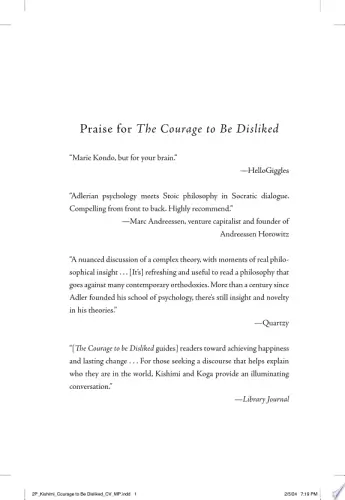
The Courage To Be Disliked
Ichiro Kishimi
We Were Liars
E. Lockhart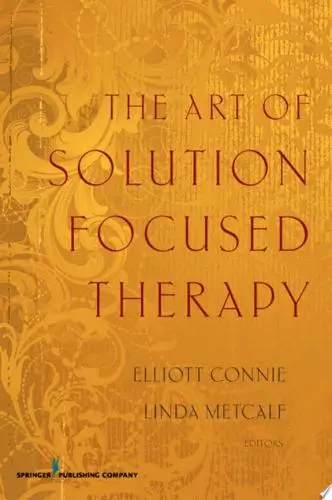
The Art of Solution Focused Therapy
Elliott Connie, MA, LPC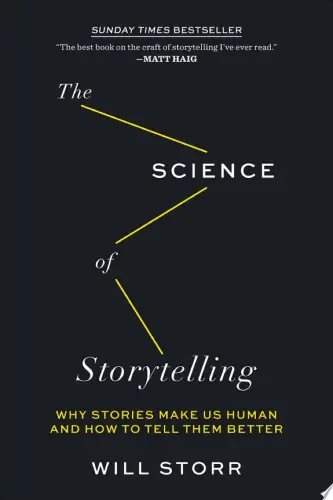
The Science of Storytelling
Will Storr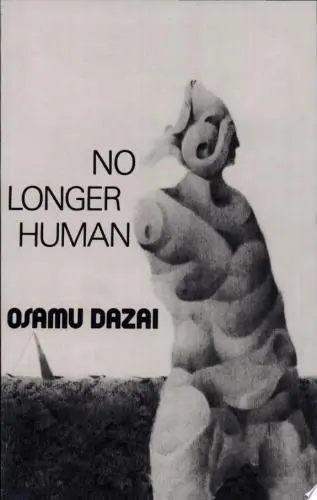
No Longer Human
太宰治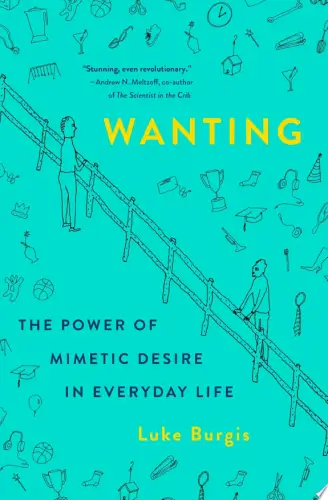
Wanting
Luke Burgis
Mrs Dalloway
Virginia Woolf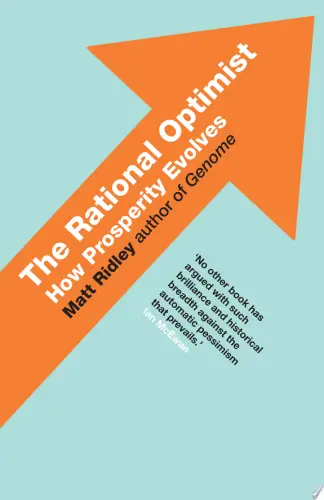
The Rational Optimist
Matt Ridley
The Social Animal
David BrooksTrending Summaries

Peak
Anders Ericsson
Never Split the Difference
Chris Voss
Smart Brevity
Jim VandeHei
The Psychology of Money
Morgan Housel
The First 90 Days
Michael D. Watkins
Atomic Habits
James Clear
Thinking, Fast and Slow
Daniel Kahneman
The Body Keeps the Score
Bessel van der Kolk M.D.
The Power of Regret
Daniel H. Pink
The Compound Effect
Darren HardyNew Books

The White Night of St. Petersburg
Michel (Prince of Greece)
Demystifying Climate Models
Andrew Gettelman
The Hobbit
J.R.R. Tolkien
The Decision Book
Mikael Krogerus
The Decision Book: 50 Models for Strategic Thinking
Mikael Krogerus
Fichte
Johann Gottlieb Fichte
Do No Harm
Henry Marsh
This is Going to Hurt
Adam Kay
This Is Your Brain on Joy
Earl Henslin
